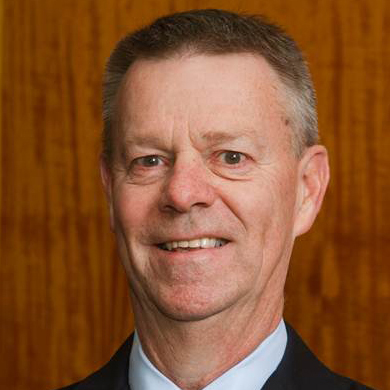Last year, we published a blog post about Hurricane Harvey and how individuals can donate to have the most impact. We’re finding that topic relevant today, as the Camp Fire and Woolsey Fire rage in California. These fires have burned 10,000 homes and structures, and over 250,000 total people remain under mandatory evacuation orders (CBS News).
Many have answered the call to help, whether that be donating money or time, and you may be asking yourself, “How can I give in a way that means the most?”
The Lilly Family School of Philanthropy has been studying Americans’ charitable responses to major disasters and ways to give since the September 11, 2001 attacks. Read below to learn how Dr. Patrick Rooney, executive associate dean for academic programs and professor of economics and philanthropic studies at the school, advises how you can give in a way that has the most impact.

“Americans are remarkably generous and have a strong desire to help others in need,” he said. “But it’s important to give in ways that will be helpful. The best way is to give money to long-standing relief organizations. Needs often vary from area to area and from moment to moment. Monetary donations provide relief workers with the flexibility to use your gift in the way that is most needed at any given time. This is more useful than giving food, clothing or other goods. It is easier to purchase these locally than to ship them.
“To ensure that your dollars get to those in need, give directly to reputable, established aid groups with experience working in disaster relief and recovery. They are best able to assess and meet needs and have established teams, infrastructures and experience for doing so. And beware of potential fraud. Sadly, scams often arise around disasters, including sham websites and emails that appear to be from legitimate organizations but are not. It’s safest to contact known organizations yourself to make a gift via check or credit card to avoid scams and provide documentation for yourself and the charity.”












